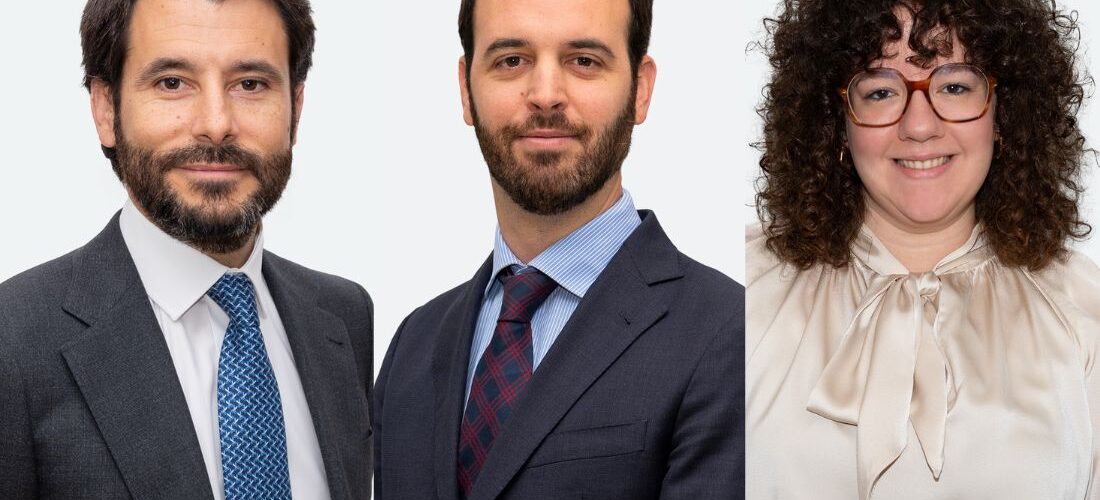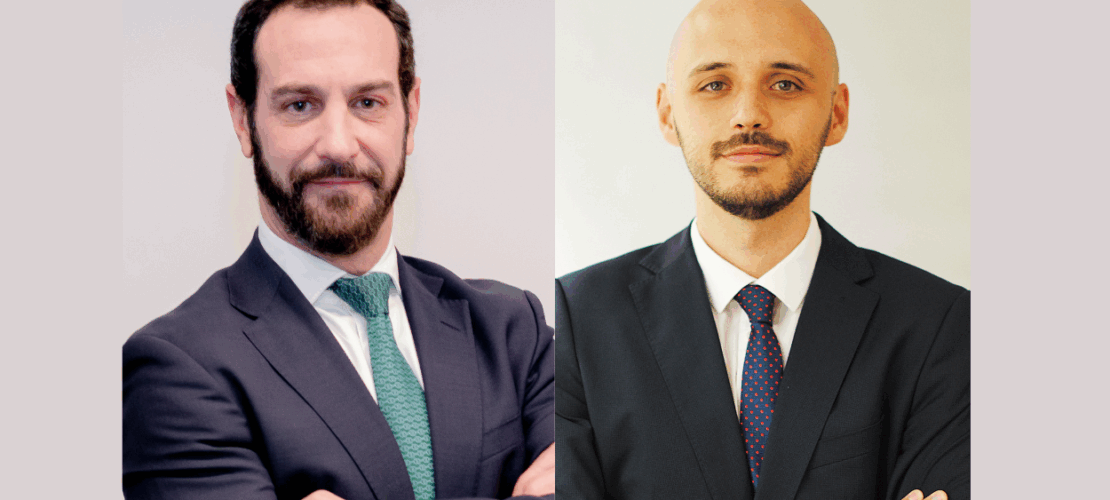ICAM holds its Third Congress on Health Law
As artificial intelligence increasingly permeates the healthcare system — from clinical diagnosis to neuroconnective monitoring — legal experts are sounding the alarm on the urgent need for regulatory reform. The Illustrious Bar Association of Madrid (ICAM) opened the third edition of its Health Law Congress this Thursday with a call to rethink the legal foundations of healthcare in the face of accelerating technological change.
“Law must not arrive late to the digital transformation of health. It must arrive in time — firmly and with humanity,” said Esperanza Marcos, president of ICAM’s Health Law Section. Speaking from the historic Gregorio Marañón Auditorium, she likened the current moment to a scientific “Oppenheimer moment,” where the scope of technological advancement demands a reexamination of its ethical limits.
Marcos warned that AI is no longer a mere support tool: it is now involved in decision-making processes, healthcare management, and even patient neuro-monitoring. She called for a triple commitment to legal justice, cross-disciplinary collaboration, and the preservation of humanistic values in medicine. “The more power we give to artificial intelligence, the more essential the human factor becomes,” she stated.
Neuroscience and Legal Vulnerabilities
ICAM Vice-Dean Isabel Winkels addressed the emerging legal risks of neurotechnology, including the hacking of brain activity and manipulation of human thought. Citing the book What Are Neuro-Rights? by Antonio Garrigues and Luis Miguel de la Garza, Winkels stressed the need to urgently address the right to mental privacy and cognitive liberty.
“What struck me deeply was the idea that our most private data — our thoughts — could be accessed and exposed,” she said. Winkels emphasized that this is no longer science fiction, noting how scholars like Professor Juste have been advocating for mental rights protections for over a decade.
Representing Madrid’s regional health department, Pilar Jimeno, Director General of Health Inspection and Regulation, underscored the importance of having highly specialized legal professionals. She cited the growing complexity of AI regulation, including the EU’s General Data Protection Regulation and the recently approved AI Act, but warned that these frameworks still fall short of resolving key legal uncertainties.












